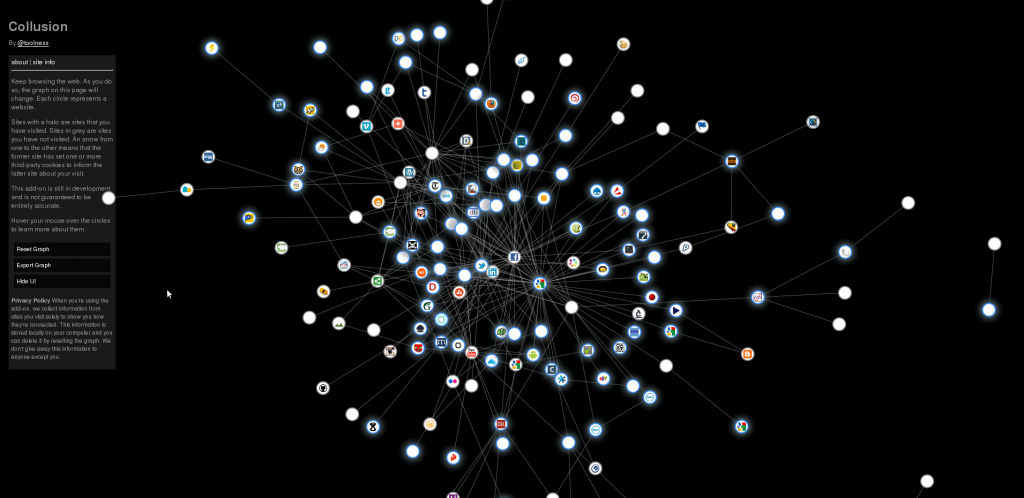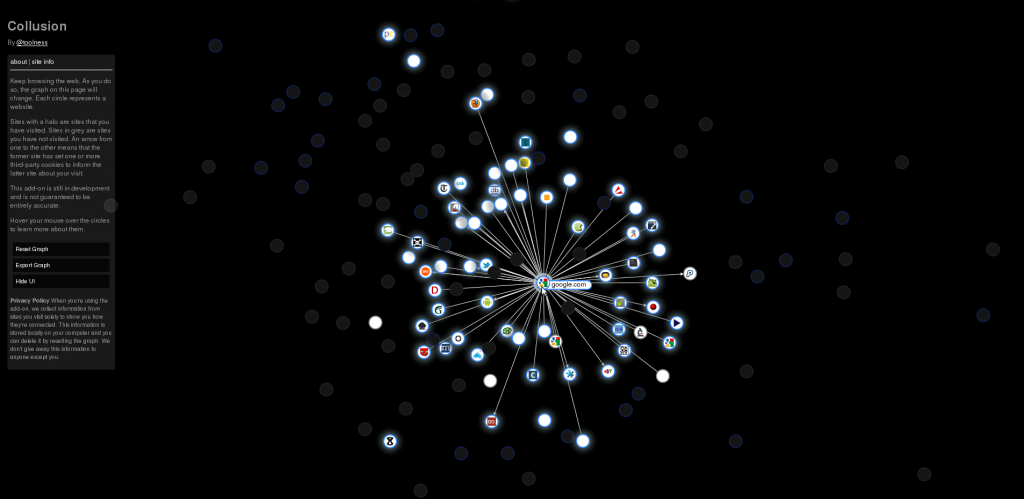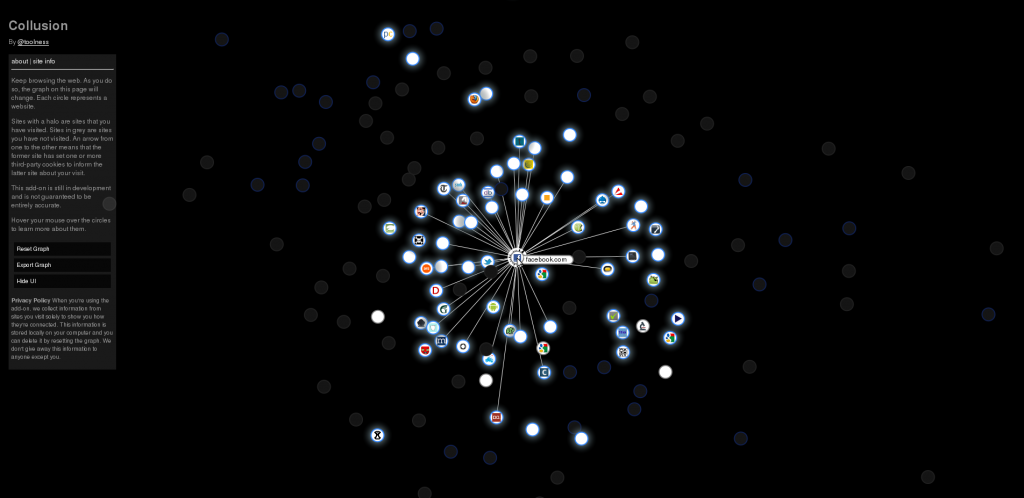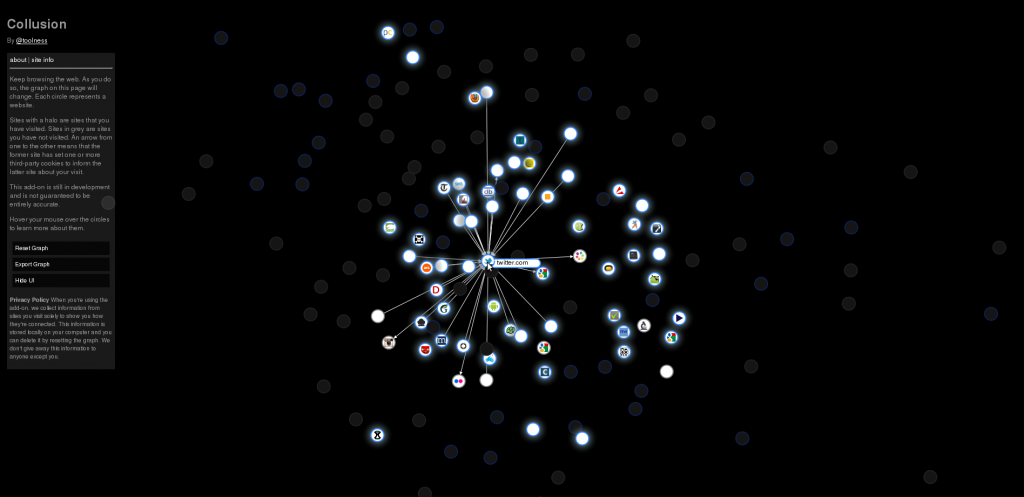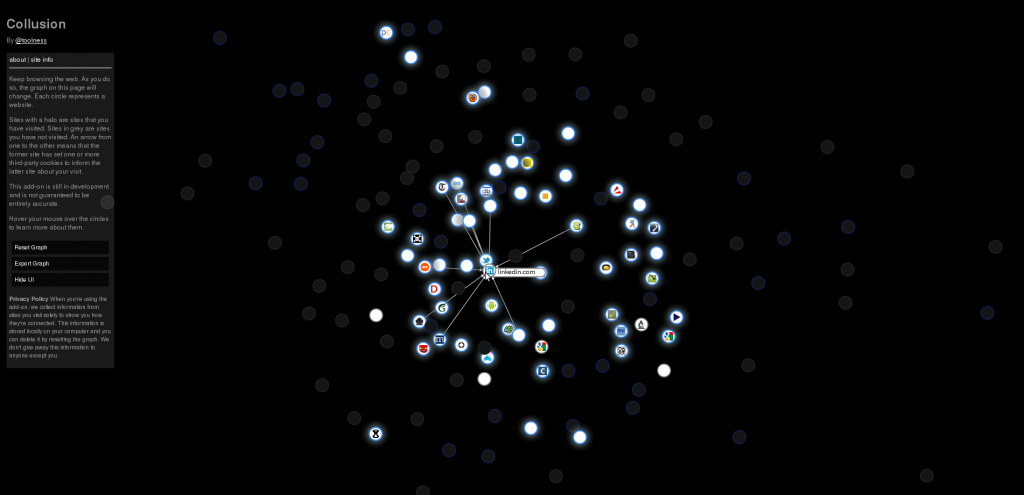The DNC has proposed a new policy for .nz WHOIS data which unfortunately does not in my view address the current issues with lack of privacy of the .nz namespace. The following is my submission on the matter.
Dear DNC,
I have strong concerns with the proposed policy changes to .nz WHOIS information and am writing to request you reconsider your stance on publication of WHOIS information.
#1: Refuting requirement of public information for IT and business related contact
My background is working in IT and I manage around 600 domains for a large NZ organisation. This would imply that WHOIS data would be useful, as per your public good statement, however I don’t find this to be correct.
My use cases tend to be one of the following:
1. A requirement to get a malicious (phishing, malware, etc) site taken down.
2. Contacting a domain owner to request a purchase of their domain.
3. A legal issue (eg copyright infringement, trademarks, defamation).
4. Determining if my employer actually owns the domain marketing is trying to use today. :-)
Of the above:
1. In this case, I would generally contact the service provider of the hosting anyway since the owners of such domains tend to be unreliable or unsure how to even fix the issue. Service providers tend to have a higher level of maturity of pulling such content quickly. The service provider details can be determined via IP-address lookup and finding the hosting provider from there, rather than relying on the technical contact information which often is just the same as the registrant and doesn’t reflect the actual company hosting the site. All the registrant information is not required to complete this requirement, although email is always good for a courtesy heads up.
2. Email is satisfactory for this. Address & phone is not required.
3. Given any legal issue is handled by a solicitor, a legal request could be filed with DNC to release the private ownership information in the event that the email address of the domain owner was non responsive.
4. Accurate owner name is more than enough.
#2: Internet Abuse
I publish a non-interesting and non-controversial personal blog. I don’t belong to any minorities ethnic groups. I’m born in NZ. I’m well off. I’m male. The point being that I don’t generally attract any kind of abuse or harassment that is sadly delivered to some members of the online community.
However even I end up receiving abuse relating to my online presence on occasion in the form of anonymous abusive emails. This doesn’t phase me personally, but if I was in one of the many online minorities that can (and still do) suffer real-word physical abuses, I might not be so blasé knowing that it doesn’t take much to suddenly turn up at my home and throw abuse in person.
It’s also extremely easy for an online debate to result in a real world incident. It isn’t hard to trace a person’s social media comments to their blog/website and from there, their real world address. Nobody likes angry morons abusing them at 2am outside their house with a tire iron about their Twitter post.
#3. Cold-blooded targeting
I’ve discussed my needs as an IT professional for WHOIS data, the issue of internet abuse. Finally I wish to point out the issue of exposing one’s address publicly when we consider what a smart, malicious player can do with the information.
* With a target’s date of birth (thanks Facebook!) and their address (thanks DNC policy!) you’re in the position to fake someone’s identity for a number of NZ organisations including insurance and medical whom use these two (weak) forms of validation.
* Tweet a picture of your coffee at Mojo this morning? Excellent, your house is probably unoccupied for 8 hours, I need a new TV.
* Posting blogs about your amazing international trip? Should be a couple good weeks to take advantage of this – need a couch to go with that TV.
* Mentioned you have a young daughter? Time to wait for them at your address after school events and intercept there. Its not hard to be “Uncle Bob from the UK to take you for candy” when you have address, names, habits thanks to the combined forces of real world location and social media disclosure.
Not exposing information that doesn’t need to be public is a text-book infosec best practise to prevent social engineering type attacks. We (try to be) cautious around what we tell outsiders because lots of small bits of information becomes very powerful very quickly. Yet we’re happy for people to slap their real world home address on the internet for anyone to take advantage of because no harm could come of this?
To sum up, I request the DNC please reconsider this proposed policy and:
1. Restrict the publication of physical address and phone numbers for all private nz domains. This information has little real use and offer avenues for very disturbing and intrusive abuse and targeting. At least email abuse can be deleted from the comfort of your couch.
2. Retain the requirement for a name and contact email address to be public.However permit the publicly displayed named to be a pseudonym to preserve privacy for users whom consider themselves at risk, with the owner’s real/legal name to be held by DNC for legal contact situations.
I have no concerns if DNC was to keep business-owned domain information public. Ltd companies director contact details are already publicly available via the companies registry, and most business-owned domains simply list their place of business and their reception phone number which doesn’t expose any particular person. My concern is the lack of privacy for New Zealanders rather than businesses.
Thank you for reading. I am happy for this submission to be public.
regards.
Jethro
